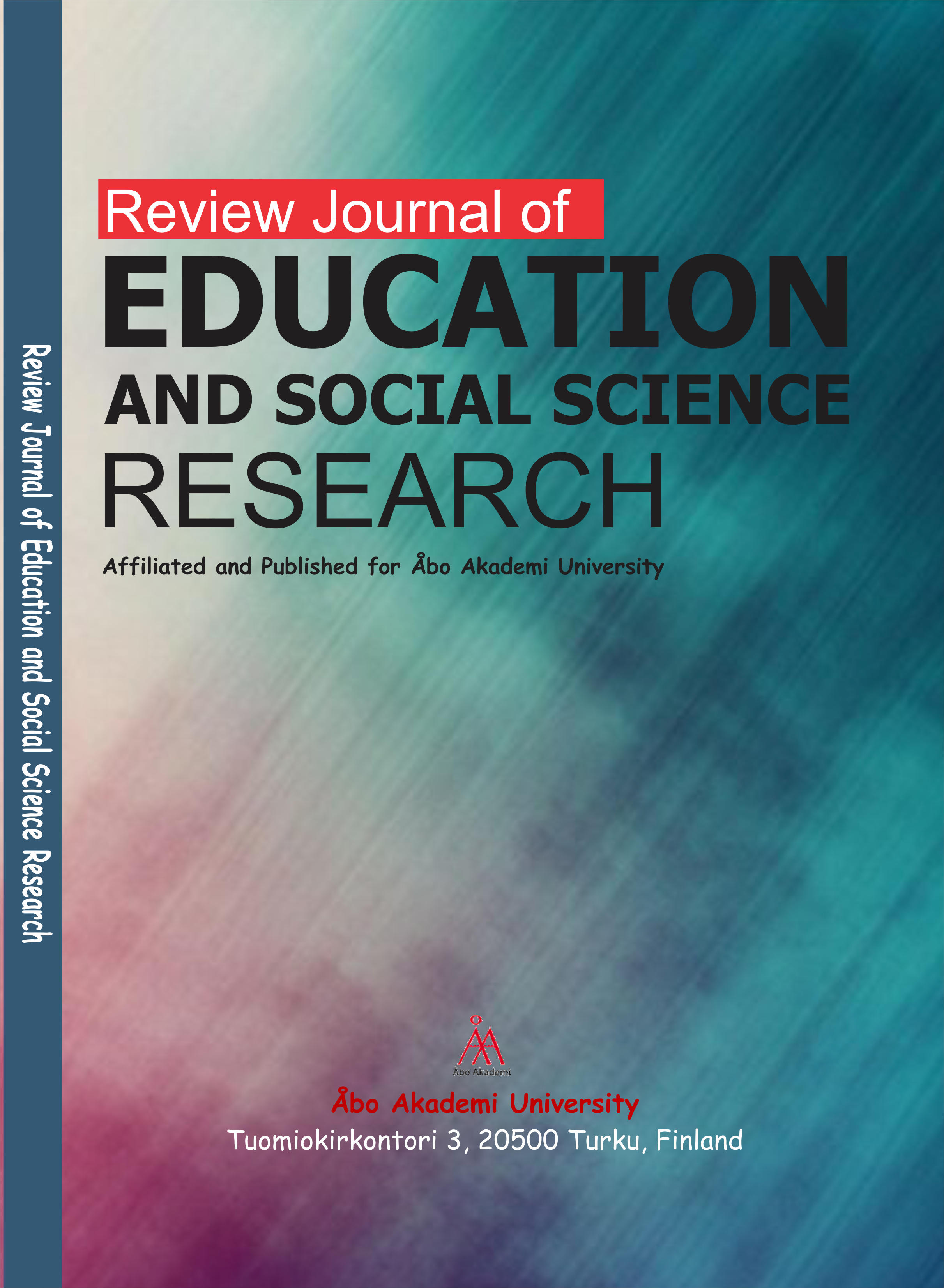Review Journal of Education and Social Science Research (RJESSR)
An Analysis of Gender and Swear Words: A Case Study of Iranian Community on Instagram
E-ISSN: 2437-3594
P-ISSN: 2447-6546
DOI: https://iigdpublishers.com/article/815
The relationship between language and gender has been the subject of discussion and investigation for many years, with the goal of understanding the societal norms and expectations of gender. This article aims to explore the relationship between gender and the swear words in the comment section of Iranian celebrities Instagram accounts. This study found that each gender tends to post swear words in comments of the same gender celebrity. This research also discovered that female users tend to auto-censor strong swear words and are more likely to body-shame the content creator, while men are more open to posting strong swear words.
Arezou Darvishi
A. Schippers, (2013). “Bad Language in Reality: A study of swear words, expletives and gender in reality television,” Thesis. Gothenburg: University of Gothenburg. https://core.ac.uk/reader/20388360 J.
Blommaert and C. Bulcaen, (2000). “Critical discourse analysis,” Annual Review of Anthropology, vol. 29, no. 1, pp. 447–466. doi: 10.1146/annurev.anthro.29.1.447.
L. Loae Fakhri Jdetawy, (2023). “THE NATURE, TYPES, MOTIVES, AND FUNCTIONS OF SWEAR WORDS: A SOCIOLINGUISTIC ANALYSIS,” International Journal of Development Research, vol. 09, no. 04, p. 27048, Apr. 2019, Accessed: Jul. 01. [Online]. Available: https://www.journalijdr.com/nature-types-motives-and-functions-swear-wordssociolinguistic-analysis
M. Muhanovic, N. Babic, & E. Latic, (2018). “An analysis of gender differences in the use of swear words on Facebook,” Journal of Education and Humanities, vol. 1, no. 2. doi:10.14706/jeh2018125
P. Eckert and S. McConnell-Ginet, (1992). “Think practically and look locally: Language and gender as community-based practice,” Annual Revi
